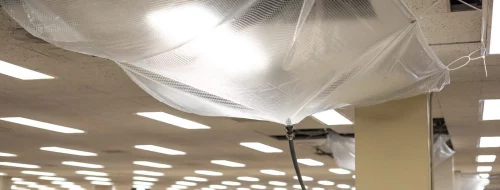As a real estate agent, it can be frustrating to have a home sale fall apart due to problems with a home’s condition. Both buyers and sellers are disappointed, and some of these problems may seem impossible to fix. Mold can be a particularly scary problem, but thankfully it can be handled with the right professional help. In this article, we will discuss what real estate agents (and even home sellers and buyers) need to know about mold problems in homes.
One attempt to prevent sale-killing surprise problems is the requirements around disclosures. In the state of Illinois, sellers are required to reveal physical defects and the presence of radon or lead under the Illinois Residential Real Property Disclosure Act, but they are not required by state or federal law to disclose the presence of mold. This means the cost of mold detection, mitigation, and any related repairs is the responsibility of the homebuyer.
However, root causes, such as extensive moisture or a leaky pipe, fall under the category of physical defects, so problems like these can raise a red flag for buyers to beware of mold growth.
As for sellers and their real estate agents, it’s recommended to disclose mold issues if you are aware of them, even if it’s not required. If a mold problem is known, it’s in the best interest of the seller to make repairs before the problem is discovered by potential buyers because it can discourage them from buying the property.
What are the seller’s options?
If the seller is aware of existing mold on the property, it’s recommended to take measures to remediate its growth, not only for selling purposes, but because mold is a health hazard to the inhabitants.
The other option is to take into account the cost to provide mold remediation and reduce the asking price by that amount.
Real estate agents sometimes encourage sellers to have a home inspection before listing their property. An inspector will identify any flaws, issues, or repair needs so that the seller is fully prepared to either address them beforehand or to take into consideration the home’s condition when settling on a listing price.
What are the buyer’s options?
Homebuyers and their real estate agents should keep an eye out for hints of water damage as they search homes. Wood rot, water stains, and any other indications of water damage are telltale signs of mold. Some forms of mold have a distinct odor, so it’s also important to pay attention to mildew type smells. Places to check for excessive moisture and mold growth are basements, attics, bathrooms, laundry rooms, and around windows and doors. Mold can grow on all types of surfaces and it may or may not be visible or odorous.
If you suspect mold or see evidence that it indeed exists in the home, you will want to get a mold inspection for further analysis. Not all mold is created equally, so the severity depends on the type, which an expert can determine. Ask the inspector to give a full report on any obvious signs of mold and recommended steps for remediation.
If you are interested in the house enough to make an offer but are still worried about mold, you could always place a contingency with your offer. As with any other defect or flaw in a home, mold issues can be a negotiating factor. Even though a mold disclosure is not required in Illinois, you can still ask the seller for one. You can also ask questions about any leaks or issues that could lead to mold issues. It’s important to note that mold growth is often a sign of a larger problem. It could be an indicator of ventilation problems, excessive moisture, or plumbing issues.
How the mold remediation process works
If you’ve discovered mold–as a seller, homebuyer, or agent–and you hire a mold remediation team, here’s what to expect. The mold remediation company will first inspect the home to find the mold’s source. The technicians will then remove mold on affected hard surfaces by using antifungal and antimicrobial products that are meant to kill their spores. Next, to contain the mold and keep it from spreading, the team will filter the air using special HEPA filters.
If soft materials such as sofas or carpets have been infested with mold, the company will remove them to clean them with high-powered equipment and strong chemicals. This ensures that the problem doesn’t perpetuate. Once all of the mold is removed, the construction crew will repair and restore any issues that may arise.
Who to contact for mold remediation and restoration
Every real estate agent should have the contact information of an experienced mold remediation contractor. If you are buying or selling a home, or are a real estate agent in Chicago or the surrounding areas (Arlington Heights, Berwyn, Des Plaines, Evanston, Mount Prospect, Grayslake, Mundelein, Libertyville, Oak Park, Palatine, Wheaton, Naperville, Waukegan, Schaumburg, and Skokie), McMahon is the contractor for you. We can help all parties in a sale, making sure that everyone stays safe and the deal is successfully closed. Contact us today!








0 Comments